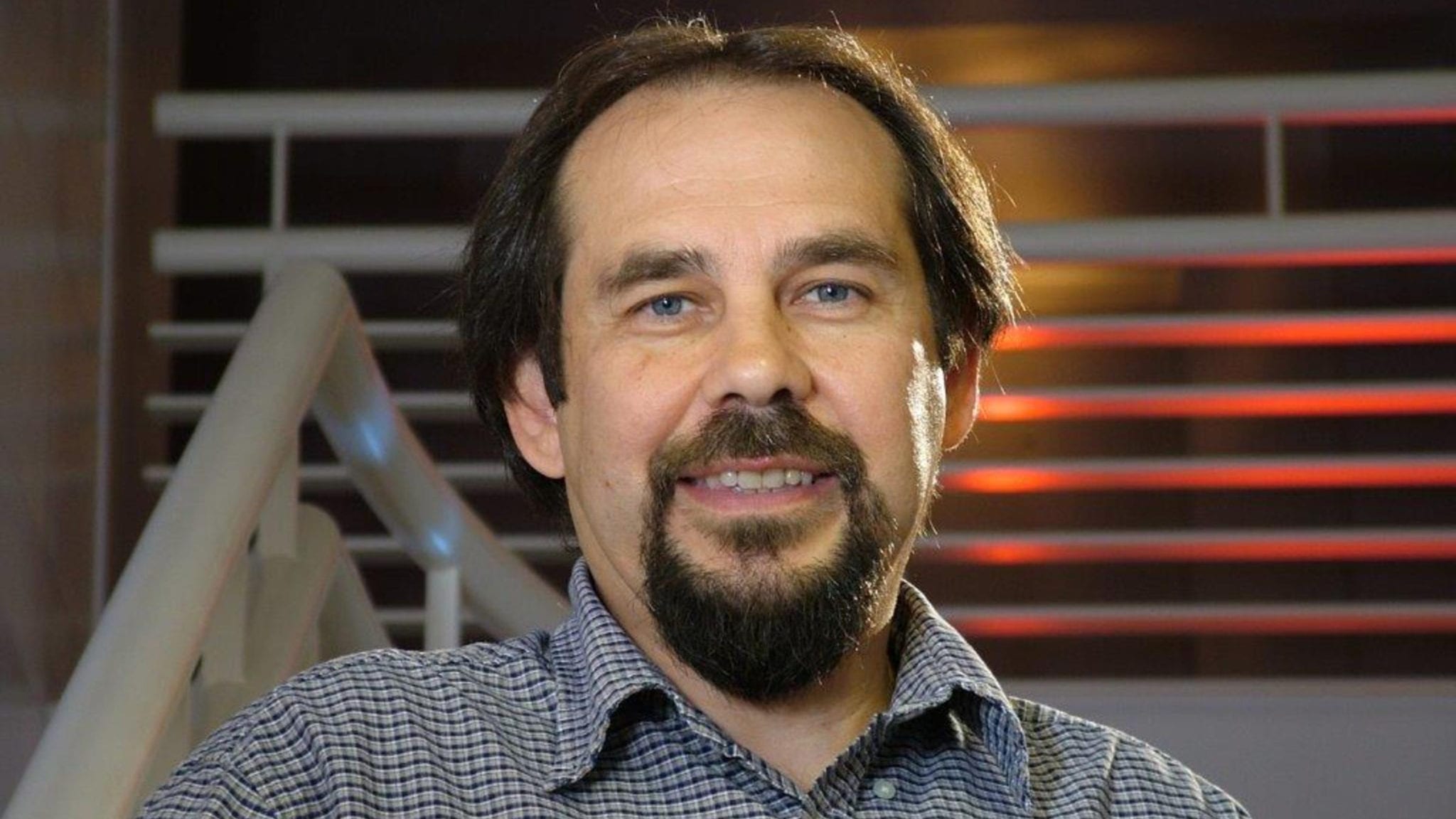
Plugging in the last piece to its gene therapy puzzle, AskBio acquires Scottish synthetic promoter company
AskBio is putting some of their recent $235 million raise to use, adding another key piece to its expansive gene therapy toolkit with the acquisition of Edinburgh, Scotland-based Synpromics.
To be operated as a wholly-owned subsidiary at arms’-length — in fact, all the way across the Atlantic from AskBio’s home base in Research Triangle Park, NC — Synpromics brings a gene control synthetic promoter technology to the table. These are DNA sequences that play a crucial role in the transcription of genes, specifically those that drug developers want to regulate in the context of cell and gene therapy.
Unlock this article instantly by becoming a free subscriber.
You’ll get access to free articles each month, plus you can customize what newsletters get delivered to your inbox each week, including breaking news.